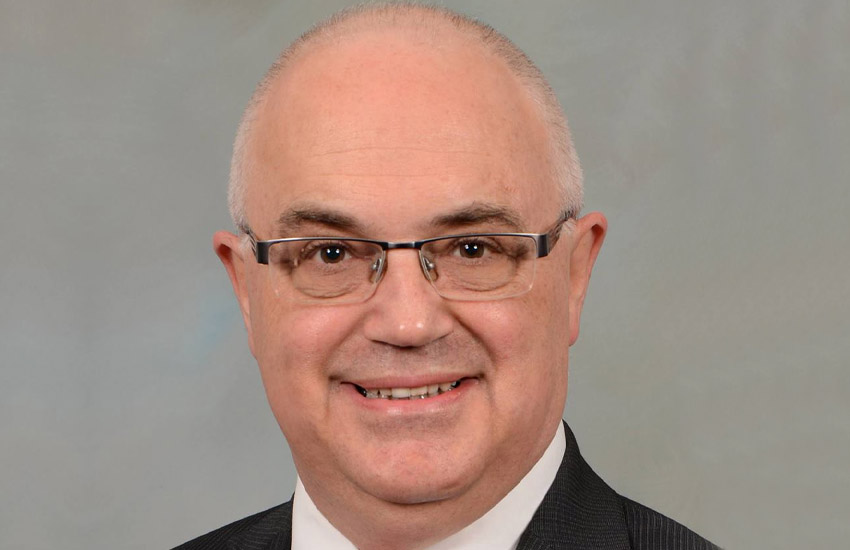Last week, TPB chair Ian Klug revealed plans to target 2,000 “highest risk practitioners”, after its analysis showed that they were linked to 2.9 million associated clients with an estimated work-related expenses overclaim of more than $1 billion.
These 2,000 practitioners represent just 2.5 per cent of the 80,000-strong registered tax practitioner community.
You’re out of free articles for this month
Mr Klug also pointed to the ATO’s Individuals not in business tax gap report, which found an $8.7 billion tax gap attributed to a high adjustment rate to tax agent prepared returns, despite concerns over the ATO’s methodology.
“The ATO research reveals that incorrect claims made by tax practitioners are higher than those of self-preparers; 78 per cent for tax agents, and 57 per cent for self-preparers,” said Mr Klug in his address to the Tasmanian State Convention of the Tax Institute.
“The very people given the position of trust in the system are those abusing it; deliberately or otherwise.”
Tax & Super Australia (TSA) tax counsel John Jeffreys said it was “disappointing” to hear those statistics repeated.
“They are not abusing [the system]. They are simply trying to deal with a very complex and difficult regulatory regime. Mistakes get made. That’s a result of the mess that has become the Australian tax system,” Mr Jeffreys said.
“These complexities include dealing with frequent ATO errors, a plethora of ATO communications and day-to-day tax system changes. That a single tax agent is expected to know it all is nigh on impossible.
“Of necessity, tax agents must make practical judgements about tax issues. Sometimes these judgements are not correct, but that does not mean they are ‘abusers’ of the system. The vast majority of tax agents want to do the right thing by their clients, the ATO and Australian society.”
Further, Mr Jeffreys said that many of these “errors” identified by the ATO may not be actually incorrect, but are too small for tax agents and their clients to spend the time and money contesting them.
“Most clients will simply not pay for this service as it is not cost-effective. Accordingly, these ‘errors’ go unchallenged,” Mr Jeffreys said.
“Tax agents will try to claim items that they think are reasonably arguable. This is not abusing the tax system. This is operating in accordance with it.”
While supporting the TPB’s goal of weeding out fraudulent tax practitioners, Mr Jeffreys said the TPB needed to be careful not to tar all agents with the same brush.
“The TPB should immediately communicate with all tax agents that they do not consider the vast majority of tax agents are abusing the tax system,” he said.
“While TSA fully supports the TPB in its role of ridding the tax system of fraudulent and immoral tax agents, the TPB must also work with tax agents to produce a better tax system that adheres to the highest levels of integrity.”
Jotham Lian
AUTHOR
Jotham Lian is the editor of Accountants Daily, the leading source of breaking news, analysis and insight for Australian accounting professionals.
Before joining the team in 2017, Jotham wrote for a range of national mastheads including the Sydney Morning Herald, and Channel NewsAsia.
You can email Jotham at: This email address is being protected from spambots. You need JavaScript enabled to view it.

 Login
Login







